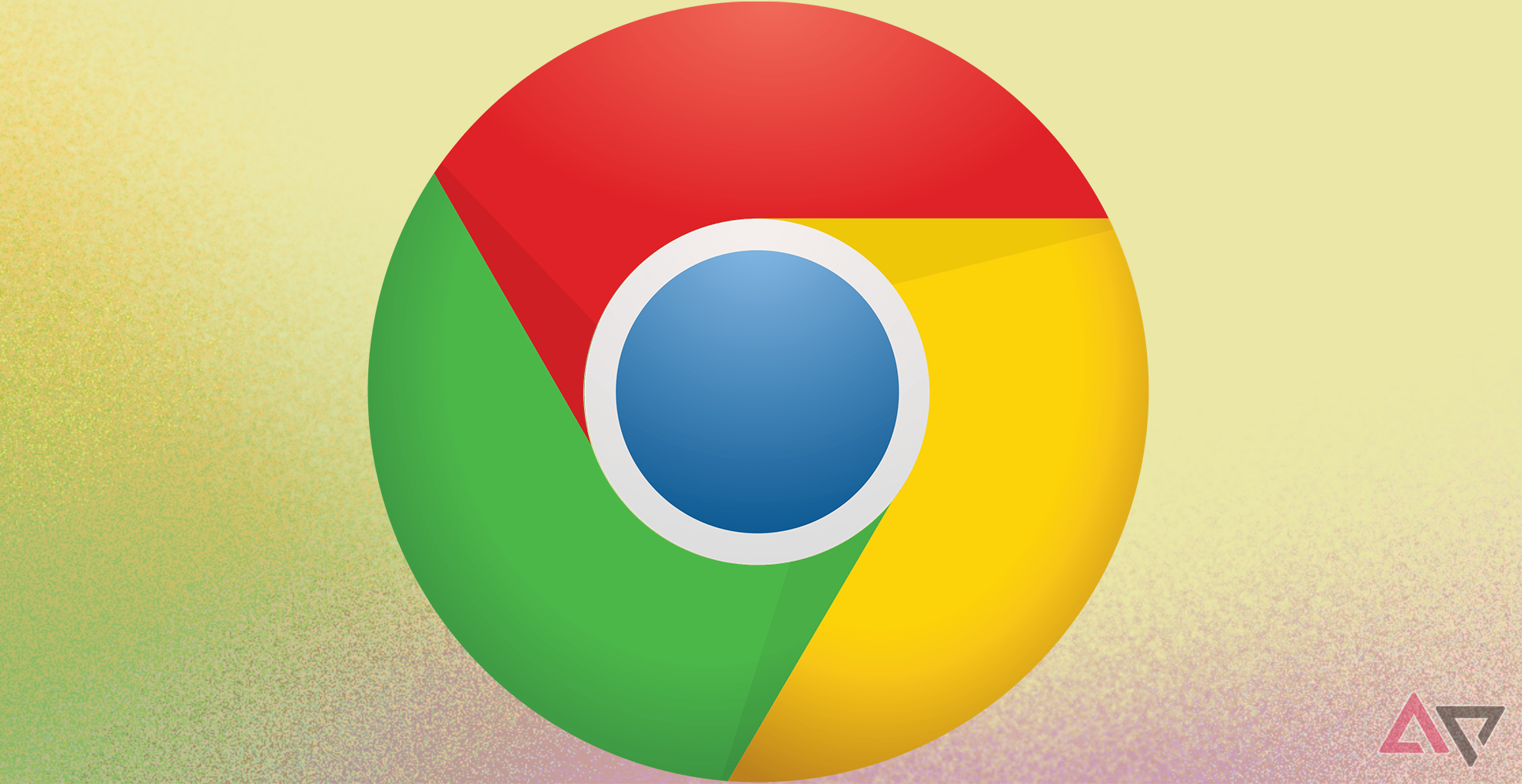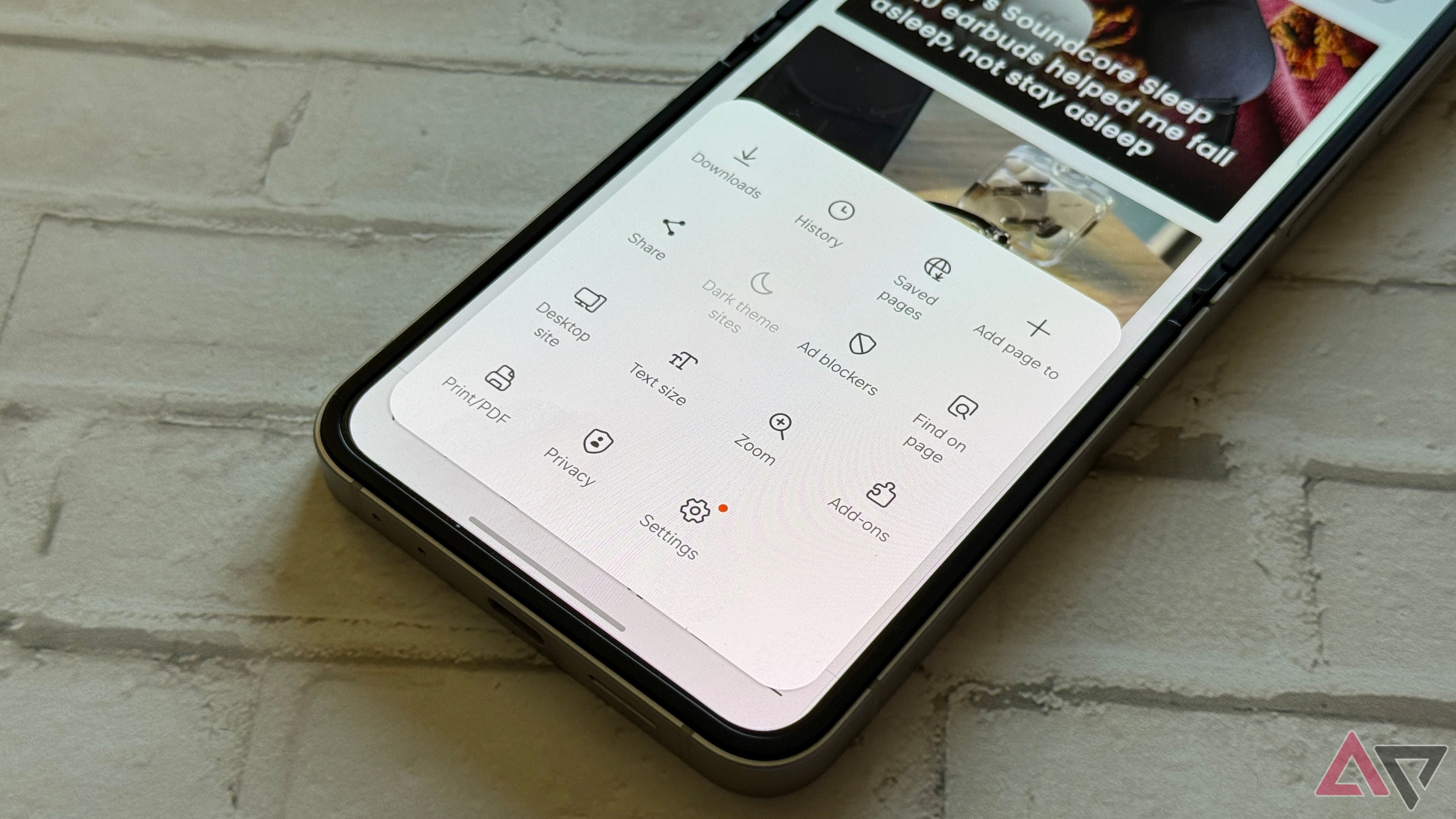I don’t know about you, but there is no app I interact with more on my smartphone than my browser. It doesn’t matter how many podcasts I listen to, how many YouTube holes I fall down, how many messages I send or photos I take — the browser is basically half the smartphone. You’d think that would make the mobile browser you select as one of the most important choices on Android, but instead, I’d hazard a guess that, if you’re reading this on your phone right now, you’re reading it on Chrome.
And of course, that makes sense. Chrome is not just the default browser on Android — it’s a good browser, too, especially for the vast majority of users. It syncs with the browser that most people install on their laptops or tablets, and since everything is tied to the Google account you probably used to log into your Android phone to begin with, it’s simply the path of least resistance to browsing the web. It’s already there, so why not use it?
If you consider yourself an enthusiast, though, you probably know why you wouldn’t want to use Chrome. Again, Chrome is not a bad browser, especially on Android, where I find its resource-hogging tendencies aren’t quite as out of control as they are on desktop. But if you’re, let’s say, particular, about how you like your web browsing experience to look, feel, and operate, you’re probably bound to dislike something about Chrome in its current state.
Related
These are the Google Chrome features I can’t live without
Chrome is my digital command center and my home base
That’s the best part about Android, though — you don’t have to suffer with a browser you dislike. While plenty of options on the Play Store are based on Chromium (the open-source foundation of Chrome), and therefore Google’s Blink browser engine, that’s not a requirement. While iPhone owners are stuck with WebKit-powered browsers — effectively delivering something not far off from a skin for Safari — Android feels like it has plenty of extra choice, even if those choices do usually boil down to various Chromium projects.
I’ve found that to be perfectly fine for my mobile web usage, though. Like many Android users, I left Chrome on mobile behind long ago for something tailored towards my own preferences. After trying out plenty of options, I found myself locked to Samsung’s Internet app. Say what you will about the current direction of that company — or about its overall software development skills — but its browser is truly excellent. It’s visually subtle, fairly customizable, and includes support for extensions like ad blockers. What more could you ask for?
Well, you could ask for plenty of things, actually, which is likely why AP Editor Matt Sholtz recently asked our community what non-Chrome browser they’ve turned to on Android. We got plenty of responses, ranging from more well-known suggestions like Firefox, Brave, and Opera, to some I’ve never heard of, like Iceraven, a fork of Firefox. Obviously, anyone who has turned their back on Chrome has had their fair share of reasons, but
So, while I’ll leave everyone to hash this out in the poll below, I’d also love to see some responses in the comments below. What is it about the browser you’ve chosen that pulled you away from Chrome? What made you pick, say, Opera, over the rest of the non-Chrome competition on the Play Store? And can you recommend some truly out-there browser suggestions, apps like Iceraven that I’ve simply never heard of before? I’m always game for trying out some new apps, so let those suggestions fly in the comments.
In the meantime, though, I’ve wrangled up a handful of the most popular browsers on the Play Store, and you’ll find them in this week’s poll. For as dominant as Chrome can feel, I’m always excited to see a new browser burst onto the scene. And whether it’s on mobile or desktop, it’s in everybody’s best interest — maybe even Google’s — that web browsers see some increased competition in the coming years.



